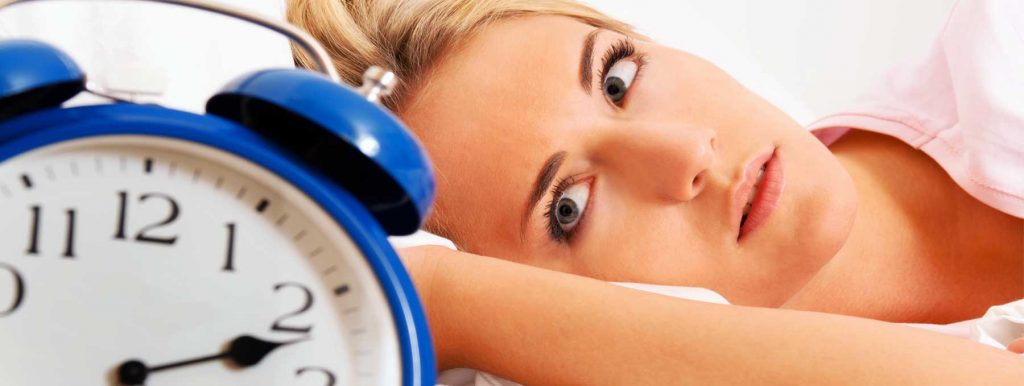Although they have higher sleep needs than men, women sleep less in general. This can lead to a variety of health consequences. While the wage gap is a hot topic in economics, there is another gender disparity that has been the subject of much discussion in the scientific community: The sleep gap. Women physiologically need […]Although they have higher sleep needs than men, women sleep less in general. This can lead to a variety of health consequences. While the wage gap is a hot topic in economics, there is another gender disparity that has been the subject of much discussion in the scientific community: The sleep gap. Women physiologically need [...]
Sleep-Related Eating Disorder (SRED): A New Parasomnia
Sleep-Related Eating Disorder, or SRED, is a parasomnia that causes a person to prepare and eat meals while asleep. When trying to lose weight, some people just can’t seem to get a handle on it no matter how hard they try. The reason for certain unique cases was hard to understand until it was discovered that […]Sleep-Related Eating Disorder, or SRED, is a parasomnia that causes a person to prepare and eat meals while asleep. When trying to lose weight, some people just can't seem to get a handle on it no matter how hard they try. The reason for certain unique cases was hard to understand until it was discovered that [...]
Scientists Say Studying Before Bedtime is Best
Looking for the best study strategy for effective recall? Studying before bedtime may be the answer. College and high school students tend to get less sleep than both working adults and children. While staying up late may be necessary for studying, a sleep deficit can actually harm test scores. A new study has found that […]Looking for the best study strategy for effective recall? Studying before bedtime may be the answer. College and high school students tend to get less sleep than both working adults and children. While staying up late may be necessary for studying, a sleep deficit can actually harm test scores. A new study has found that [...]
Lack of Sleep Negatively Affects Emotions
Researchers curious about the relationship between lack of sleep and emotions have identified the mechanism responsible for triggering emotional impairment when sleep is lacking. Quality sleep is a valuable component of our health and well-being. For many years researchers have studied how lack of sleep may be related to overall physical and mental health. Past […]Researchers curious about the relationship between lack of sleep and emotions have identified the mechanism responsible for triggering emotional impairment when sleep is lacking. Quality sleep is a valuable component of our health and well-being. For many years researchers have studied how lack of sleep may be related to overall physical and mental health. Past [...]
An Intricate Web: The Circadian Rhythm, Sleep Disruptions and Epilepsy
A new study finds that there is a link between sleep disruptions and epilepsy, suggesting that the circadian rhythm affects seizure disorders. Epilepsy is a disorder of the electrical wiring of the brain in which affected people suffer from seizures, which are temporary losses of consciousness caused by abnormal electrical activity in the brain. 125,000 Americans […]A new study finds that there is a link between sleep disruptions and epilepsy, suggesting that the circadian rhythm affects seizure disorders. Epilepsy is a disorder of the electrical wiring of the brain in which affected people suffer from seizures, which are temporary losses of consciousness caused by abnormal electrical activity in the brain. 125,000 Americans [...]
- « Previous Page
- 1
- …
- 119
- 120
- 121
- 122
- 123
- …
- 138
- Next Page »









